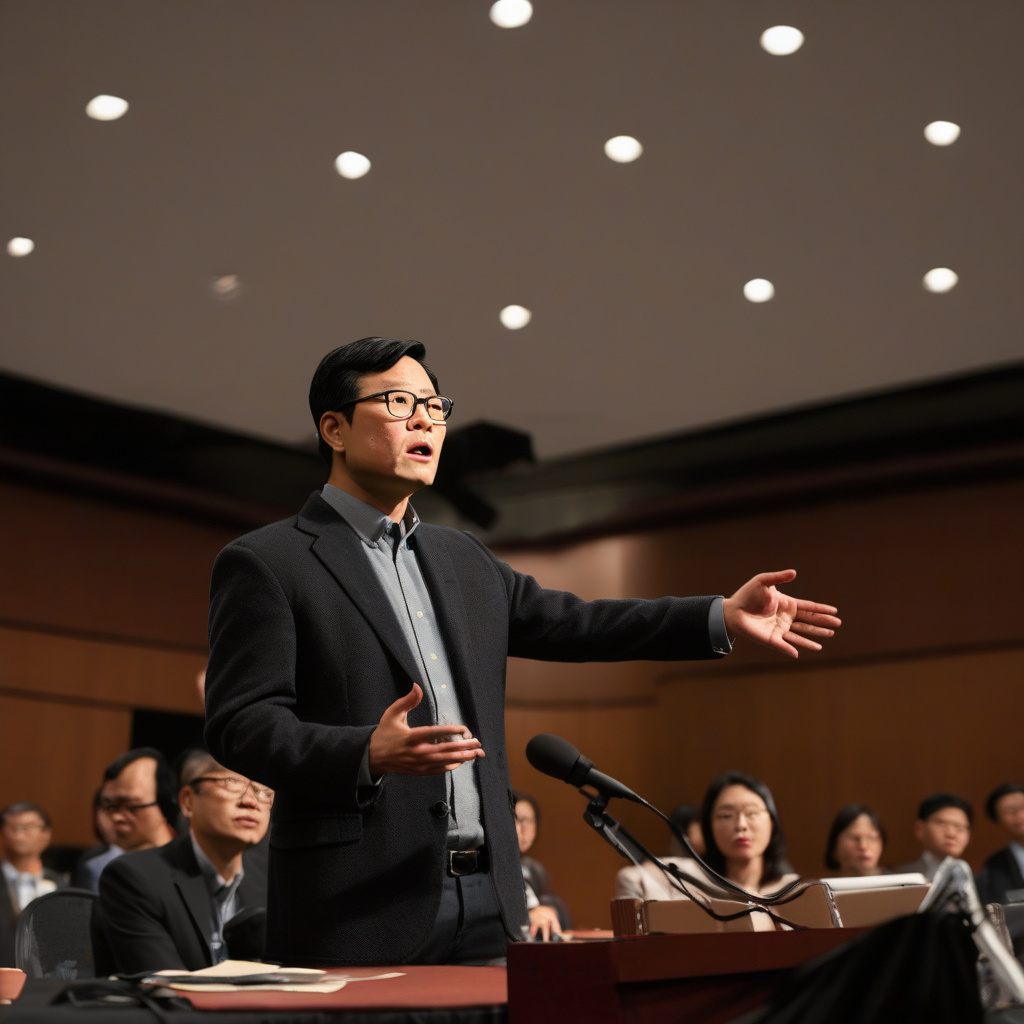Mark Zuckerberg’s Meta made China’s AI mightier than US, claims whistleblower
In what happens to be a shocking development, former Meta team member Sarah Wynn-Williams has come forward with explosive allegations regarding the company’s practices. According to Wynn-Williams, Mark Zuckerberg’s Meta has inadvertently played a significant role in advancing China’s artificial intelligence capabilities, surpassing those of the United States. These claims have sparked intense debate and scrutiny within the tech industry, raising concerns about the potential ramifications of such actions.
Wynn-Williams revealed that Meta’s decision to prioritize growth and expansion in the Chinese market has inadvertently facilitated the transfer of critical technology and know-how to Chinese counterparts. By establishing partnerships and collaborations with Chinese firms, Meta inadvertently provided access to advanced AI technologies that have bolstered China’s AI capabilities. This strategic move, aimed at tapping into the lucrative Chinese market, has inadvertently fueled China’s technological advancements in AI, surpassing those of the US in certain aspects.
The implications of these allegations are far-reaching and have reignited discussions about the ethical responsibilities of tech giants operating on a global scale. As the race for AI dominance intensifies, the role of companies like Meta in shaping the technological landscape has come under increased scrutiny. The transfer of sensitive technologies to foreign entities, especially in geopolitically sensitive areas like AI, raises concerns about national security and technological sovereignty.
Moreover, Wynn-Williams’ revelations shed light on the complex interplay between business interests, technological advancements, and geopolitical rivalries. The pursuit of profit and market expansion has inadvertently contributed to the rise of a formidable competitor in the AI space, potentially altering the dynamics of global technological leadership. The repercussions of these actions could have far-reaching consequences, impacting not only the technological landscape but also broader geopolitical relations between nations.
In response to these allegations, Meta has issued a statement denying any wrongdoing and emphasizing its commitment to compliance with regulations and ethical standards. The company has reiterated its focus on innovation and growth while maintaining transparency and accountability in its operations. However, the allegations raised by Wynn-Williams have sparked calls for further investigation and oversight to ensure that tech companies uphold ethical standards and do not compromise national interests for short-term gains.
As the debate around Meta’s alleged role in bolstering China’s AI capabilities continues to unfold, it underscores the complex challenges facing tech companies in an increasingly interconnected world. The need to balance commercial interests with ethical considerations and national security concerns remains a pressing issue for companies operating on a global scale. The revelations made by Wynn-Williams serve as a stark reminder of the far-reaching implications of tech companies’ actions and the need for greater accountability and transparency in the tech industry.
In conclusion, the claims made by former Meta team member Sarah Wynn-Williams regarding the company’s role in advancing China’s AI capabilities have sparked a contentious debate within the tech industry. As the race for AI dominance intensifies, the ethical responsibilities of tech giants and their impact on global technological leadership come under scrutiny. The revelations highlight the intricate balance between business interests, ethical considerations, and national security concerns in the tech industry, underscoring the need for greater accountability and oversight.
#MarkZuckerberg #Meta #AI #China #Whistleblower












